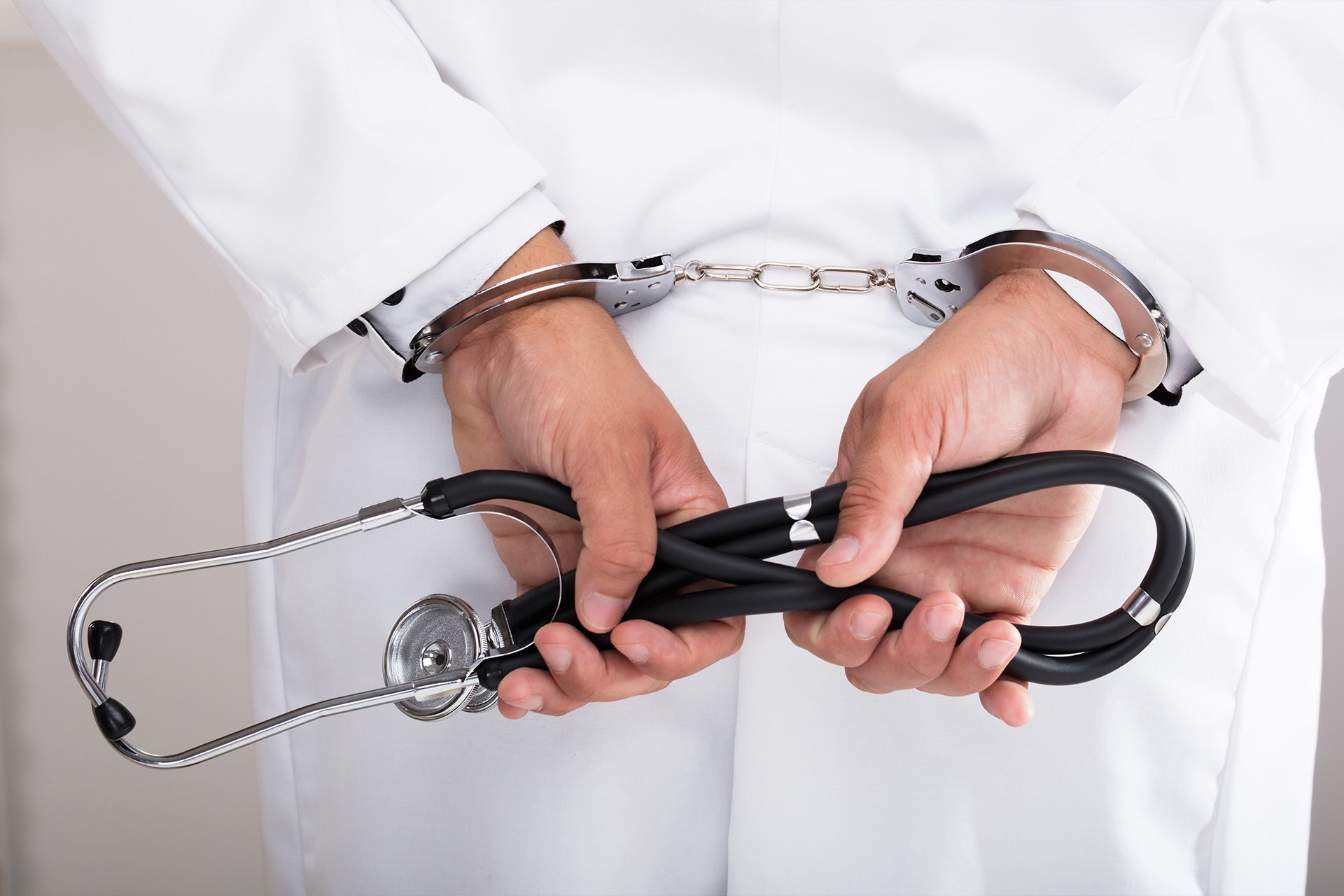Civil Trial Litigation Phases Explained
If you’re planning on filing a malpractice lawsuit, you’re most likely overthinking the entire thing. Fortunately, we’re here to help you understand the litigation process - something that might alleviate all that mental torture.
Malpractice falls into the category of personal injury, which also falls in the area of civil litigation. Regardless of whether your case occurs at the federal or state level, it doesn’t involve any criminal charges.
Join us today as we cover each of the litigation phases in a malpractice case.
How different are criminal and civil cases?
Media often portrays criminal cases in numerous ways, and as a result, many people are familiar with at least some of the aspects of such types of litigation. In contrast, civil cases are often seen as unexciting and rarely dramatized in the TV world.
So what’s the difference?
For starters, criminal cases are related to offenses against the state and are prosecuted by the state. On the other hand, civil cases are disputes between two (or more parties) regarding the legal responsibilities they owe to one another.
In criminal cases, punishment is often more strict (due to the seriousness of the crime), whereas civil cases often involve awarding monetary damages.
Similarly, in criminal cases, defendants have a constitutional right to a trial by jury, which isn’t always necessary in civil cases.
The biggest difference however is the standard of proof.
If an individual is accused of a crime, they are presumed innocent until proven guilty beyond a reasonable doubt. Civil cases have significantly lower standards of proof and are proven through methods such as preponderance of the evidence. This means something is more likely than not to have occurred in a certain way.
Litigation phases in a civil trial
Now that we’ve got the basics out of the way, we can finally break down the litigation process. A civil trial has three distinct stages:
1. Pre-trial phase
The pre-trial stage starts when a client meets with an attorney. Generally speaking, in malpractice cases, the attorney will advise the client on whether they even have the case or if a lawsuit is the only option.
The pre-trial process is often broken down into smaller segments referred to as:
- Pleadings
If the litigation is the best option, then the pleadings will start. This refers to the plaintiff filing a complaint with the court, after which both parties will present their case. The plaintiff’s version of the events will be contained in a complaint that also includes the amount of damages they’re seeking.
The defendant will then have to file a complaint within five days where they’ll outline their case.
Keep in mind that the defendant can file a counterclaim at this particular point.
- Discovery
Discovery is by far the longest part of the entire pre-trial phase. This is the part where both legal teams are gathering evidence, often accomplished through physical and mental examinations, as well as written and oral discovery.
Written discovery may include written questions, interrogatories, requests for admissions, and documents.
With oral discovery, the most important portion is the deposition, where all witnesses are recorded and required to answer all questions under oath. It’s important to stress that not only witnesses connected to the case will be involved in the depositions. Most cases, especially malpractice suits, require matter experts who can introduce relevant knowledge to the case.
All information uncovered in the discovery phase can be admissible as evidence if the case gets to trial.
2. Trial phase
The second of the trial litigation phases is the trial itself, which is broken down into specific subphases:
- Settlement
Settlement is only available if both parties agree to resolve the case before the trial. In fact, most personal injury cases are resolved during this stage as it’s cheaper and also allows the parties to retain more control over the outcome.
In some circumstances, the judge may mandate a settlement.
- Trial
During the trial, the evidence is presented by both parties. The plaintiff goes first, and they’ll be responsible for proving their case according to the preponderance of evidence. In other words, the plaintiff must prove that the likelihood that the defendant is responsible for the damages is more than 50%.
Naturally, the defendant gets to present their own evidence as a defense.
- Judgment
Once both parties present the case, the jury or the judge will make the final decision. If the verdict is up to the judge, they’ll issue their decision according to the evidence presented at the trial and the relevant state and federal statutes.
If the trial was a jury trial, the judge would only direct the jury in the proceedings and the jurors themselves would have to deliberate and return with the verdict.
3. Post-trial phase
Most people assume that the legal proceedings are complete when the judge or jury makes the decision. Yet, the suit is only over once the last of the litigation phases is complete. During this final stage, both parties can file an appeal within thirty days of the decision.
If the case goes to the appellate court, the judge can uphold, remand, or reverse the judgment.
You deserve the best
Civil litigations aren’t simple to navigate as there are a variety of procedural aspects you need to be aware of. Plus, due to the complexity of the matter at hand, malpractice is by far the most challenging type of personal injury case.
Thus, the success of your case depends on the experience of the attorney and their skills during all litigation phases. This is why you should hire only the best attorneys for your malpractice suit.
And what’s the best malpractice firm in Florida?
Chakour Law, of course.
Not only does our law firm specialize strictly in malpractice cases, but our attorneys have been practicing law for over thirty years and have already helped many clients achieve their desired outcomes.
We took part in multiple multi-million dollar malpractice suits, so you can rest assured your case is in good hands.
Reach out to our legal team today - call (833) 633-6257 or fill out our contact form.
Note:
The information in this blog post is for reference only and not legal advice. As such, you should not make legal decisions based on the information in this blog post. Moreover, there is no lawyer-client relationship resulting from this blog post, nor should any such relationship be implied. If you need legal counsel, please consult a lawyer licensed to practice in your jurisdiction.
Disclaimer: The information on this website and blog is for general informational purposes only and is not professional advice. We make no guarantees of accuracy or completeness. We disclaim all liability for errors, omissions, or reliance on this content. Always consult a qualified professional for specific guidance.
RECENT POSTS






